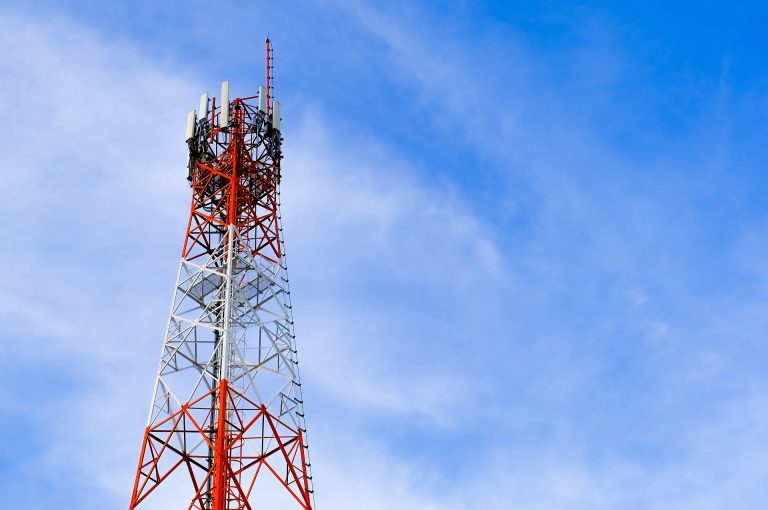The People’s Republic of China (PRC) has heavily invested in Africa over the past decade and continues to be one of the leading investors in the continent, eyeing the region’s vast resources. One area where Beijing is pouring resources is the digital sector, with experts expressing concern that the communist superpower’s digital push won’t go well for Africans.
Chinese brands like Transsion and Huawei dominate Africa’s smartphone market and digital infrastructure. Most of these phones come with pre-installed apps from Chinese tech companies that expand the reach of these firms.
According to one study by U.S.-based think-tank Atlantic Council, Huawei is singularly responsible for developing 30 percent of Africa’s 3G network and 70 percent of the continent’s 4G network.
Australian Strategic Policy Institute states that the PRC has built 266 technology projects in Africa, ranging from data centers to telecommunication networks and education programs.
All these tech investments have come at a massive cost — the installation and entrenchment of PRC-style authoritarianism. In Uganda, Huawei supplied surveillance technology that has been used to arrest supporters of opposition groups. In Zambia, Chinese tech has been used to spy on critics of the government. In Ethiopia, a $3 billion Chinese loan was used to monitor telecom networks.
Success
You are now signed up for our newsletter
Success
Check your email to complete sign up
A recent report by the African Digital Rights Network (ADRN) highlighted the issue of African governments using new technologies to boost surveillance on opposition figures. Weak civil society, lack of proper protection of privacy, government impunity, and laws that protect government spying were cited as reasons why Africa is seeing a rise in surveillance. Censorship is also on the rise: last year saw 25 internet shutdowns versus 21 the year before.
“Citizens need to be more aware of their privacy rights and of the surveillance activities undertaken by their governments… My concern is that we are drifting into digital authoritarianism where it is considered normal for our privacy to be violated and somehow the fact that it is happening digitally lets governments off the hook,” Tony Roberts, who edited the report, told Reuters.
Bulelani Jili, a cybersecurity fellow at the Belfer Center at Harvard University, spoke with Voice of America about concerns with Communist China in the region. Jili said that data sharing will be a key point of contention between Beijing and Africa. He is worried about how data will be managed and who will own it.
“There is need [for] greater public awareness and attention to this issue in part because it’s a key metric surrounding both development but also the kind of Africa-China relations going forward…. We should also be thinking about data sovereignty is going to be a key factor going forward,” Jili said.
In an interview with CNN-News18, cybersecurity expert Christopher Ahlberg, CEO of Recorded Future, said that the PRC sees Africa as its “backyard.” Chinese telecom companies are sponsored by Beijing to aggressively expand into the African market. This also raises the risk of communist China embedding itself into the continent’s tech infrastructure. Chinese companies have the time and opportunity “to plant certain things,” he warned.
“It might be a software upgrade, it might be totally fine and legit, but, again they know how to get things into it. Telecom companies are one of the favorites of hackers but that does not mean that we, as a free world, should accept Chinese infrastructure,” Ahlberg said.














